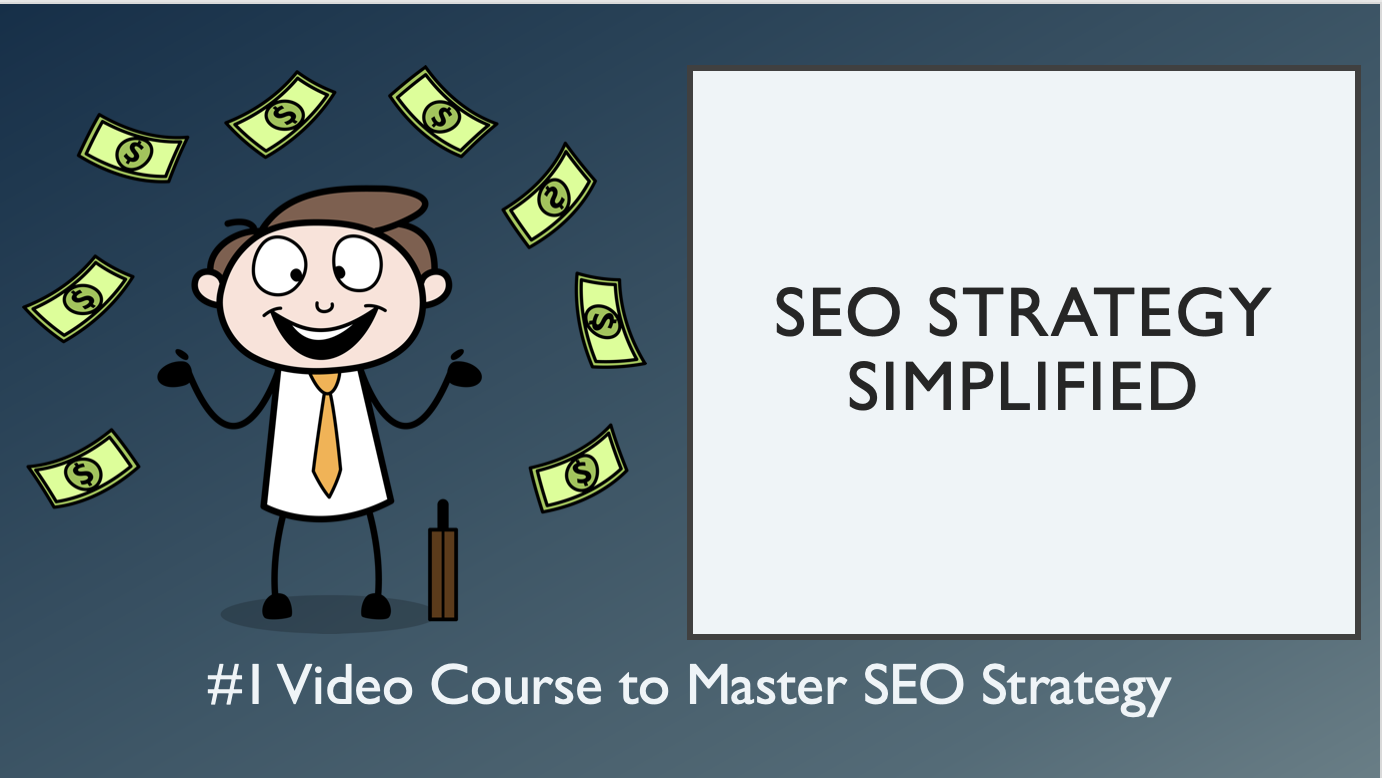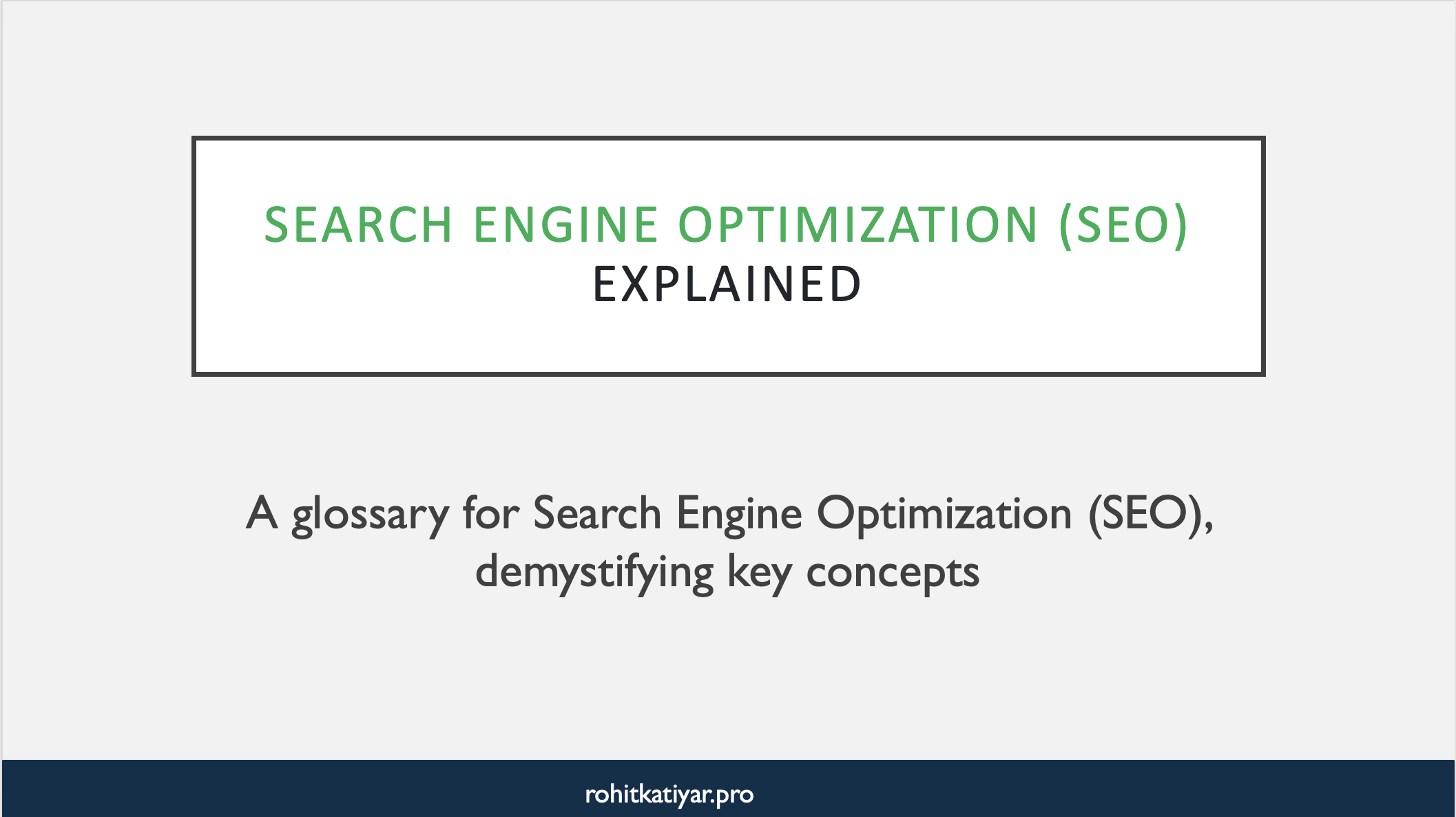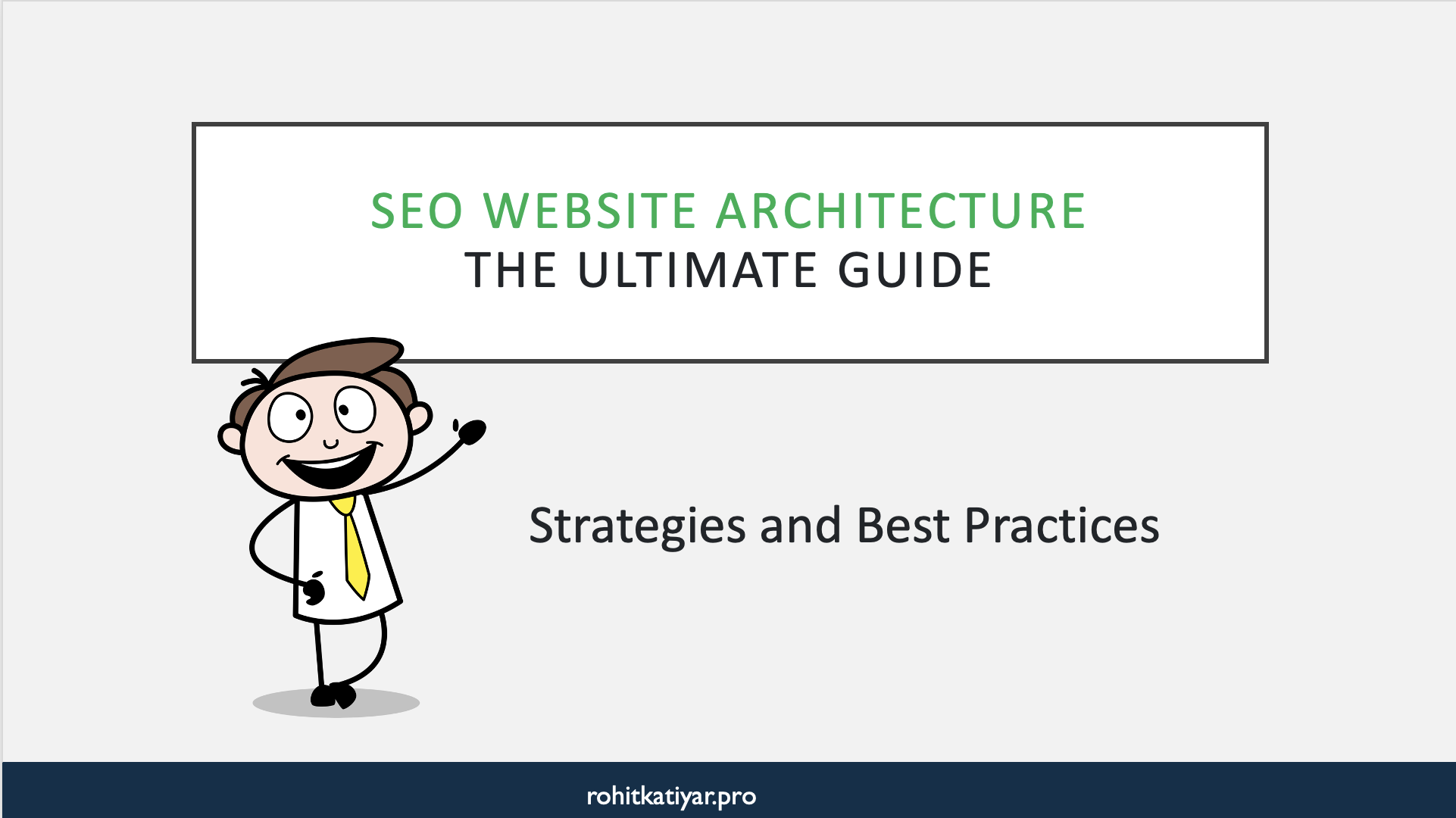Key Takeaways
-
SEO is a long-term strategy that compounds traffic and brand authority.
-
Prioritize technical health, content quality, and trustworthy backlinks.
-
Understand user intent and optimize for experience, not just keywords.
-
Integrate SEO insights into every marketing and sales initiative.
-
Regular audits and updates protect rankings from algorithmic shifts.
Join 473+ Founders & Marketing Leaders for tips, strategies, and resources to scale your business.
Understanding Search Engine Optimization
What Is Search Engine Optimization?
SEO is the systematic process of optimizing your website so that search engines like Google can easily find, understand, and rank your content for relevant keywords. This results in increased organic traffic—the kind that converts.
Why Does SEO Matter for Businesses?
For brands and startups, SEO is an indispensable tool. It helps your website appear prominently in search results, drives targeted visitors, and builds brand credibility. Unlike paid advertising, SEO offers compounding returns over time.
How Do Search Engines Work?
Search engines use crawlers (bots) to scan the internet and index content. They analyze factors like keywords, links, and site structure to determine which pages best answer user queries. Understanding this process is crucial for effective optimization.
“SEO is not about gaming the system; it’s about understanding and aligning with search engines’ goals—to provide users with the best answers.”
Building Blocks of Effective SEO
Keyword Research
Keywords are the foundation of SEO. Identifying the terms your audience is searching for helps shape your content and strategy. Use tools like Google Keyword Planner, SEMrush, or Ahrefs to discover high-value keywords with achievable competition.
On-Page Optimization
This covers all the elements you control directly on your website:
- Title tags and meta descriptions
- Headings (H1, H2, H3, etc.)
- Internal linking
- Image alt text
- URL structure
Technical SEO
Technical SEO ensures that search engines can crawl and index your site efficiently. Key aspects include:
- Mobile-friendliness
- Fast page speed
- Secure HTTPS protocol
- Structured data markup
- XML sitemaps
Content Quality & Authority
Quality content answers user queries comprehensively and authoritatively. Search engines reward original, valuable, and in-depth content. Establishing topical authority through expertise, trustworthiness, and regular updates is vital.
Link Building
Backlinks from reputable sites signal trust and authority. Focus on earning links naturally by producing valuable content, guest posting, and building relationships within your industry.
Did you know?
A single high-quality backlink can be more valuable than dozens of low-quality links.
Developing an SEO Strategy
Setting Clear Objectives
Start by defining what success looks like. Whether it’s more website traffic, higher conversions, or better brand awareness, clear goals inform your SEO roadmap.
Competitor Analysis
Study your competitors’ strategies to uncover keyword opportunities, content gaps, and backlink prospects. Tools like Moz and Ahrefs are invaluable for this step.
Content Planning
Create content that targets your chosen keywords and addresses your audience’s pain points. A content calendar ensures consistency and alignment with your business objectives.
Monitoring and Analytics
Regularly track key metrics using Google Analytics and Search Console. Monitor organic traffic, bounce rates, keyword rankings, and conversion rates to measure SEO effectiveness.
Adapting to Algorithm Updates
Search engine algorithms evolve constantly. Stay updated with industry news, and be ready to adapt your strategies to maintain and improve your rankings.
“SEO is a marathon, not a sprint. Consistency and adaptability are your greatest assets.”
Advanced SEO Techniques
Voice Search Optimization
With the rise of voice assistants, optimizing for conversational queries and long-tail keywords is essential. Focus on natural language, featured snippets, and local SEO.
E-A-T: Expertise, Authoritativeness, Trustworthiness
Google rewards content produced by experts and trusted sources. Showcase your credentials, cite authoritative references, and maintain transparency.
Local SEO
For businesses targeting specific regions, local SEO is a game-changer. Claim your Google My Business listing, encourage reviews, and optimize for local keywords to capture nearby customers.
Mobile-First SEO
With most searches happening on mobile, ensure your site is responsive, loads quickly, and offers a seamless mobile experience.
Structured Data & Rich Snippets
Implementing schema markup helps search engines better understand your content, increasing your chances of appearing in rich results like FAQs, reviews, and events.
Quick Tip:
Regularly audit your website’s technical health to avoid unexpected drops in ranking.
Measuring SEO Success
Key Performance Indicators (KPIs)
- Organic traffic growth
- Keyword ranking improvements
- Conversion rates
- Bounce rates
Common SEO Tools
- Google Analytics
- Google Search Console
- SEMrush
- Ahrefs
- Moz
Interpreting Data
Short-term fluctuations are normal. Focus on long-term trends and correlate traffic with business outcomes—leads, sales, or sign-ups.
Continuous Improvement
SEO is ongoing. Regularly update content, build new links, and optimize for emerging search trends to maintain your competitive edge.

Frequently Asked Questions (FAQ)
What is Search Engine Optimization?
SEO is the process of optimizing your website to improve its visibility in search engine results, driving more organic traffic.
How long does it take to see SEO results?
It typically takes 3–6 months to notice significant improvements, though this varies by competition, industry, and resources.
Is SEO better than paid advertising?
SEO offers long-term, sustainable traffic, while paid advertising provides immediate visibility. Both have their place in a balanced marketing strategy.
Do I need technical knowledge to do SEO?
Basic SEO can be implemented without deep technical skills, but advanced optimization may require technical expertise or support.
How often should I update my SEO strategy?
Review your strategy quarterly or whenever significant algorithm updates occur. Continuous adaptation is key to sustained success.
You may also like the below Video Course

Conclusion: Turning SEO Knowledge into Growth
Search Engine Optimization is not a mysterious art—it’s a science grounded in user-first content, technical structure, and continuous improvement. For founders and marketing heads, the path forward lies in integrating SEO into the core of your digital strategy—not as a one-time campaign but as a growth engine.
Start with clear goals, an optimized foundation, and a consistent publishing rhythm. Build authority through meaningful content and partnerships. Measure relentlessly and iterate as algorithms evolve. Over time, SEO transforms your website into a lead-generating asset that compounds in value—quarter after quarter.
Want to Scale your SEO initiatives?
Need a SEO growth partner who can build the same automation, paid acquisition, and retention systems we architect for our marketing automation and growth retainers? We help leaders scale repeatable revenue engines in SEO without adding bloated headcount.
Talk to us about plugging our expert team into your roadmap—no pressure, just a candid conversation about how we can automate, optimize, and grow faster together.
External References
- Google Search Central: https://developers.google.com/search
- Moz Beginner’s Guide to SEO: https://moz.com/beginners-guide-to-seo
- Ahrefs SEO Resources: https://ahrefs.com/blog/
- SEMrush SEO Toolkit: https://www.semrush.com/tools/
- Search Engine Journal: https://www.searchenginejournal.com/
- Google Analytics: https://analytics.google.com/
- Google Search Console: https://search.google.com/search-console/
- Schema.org: https://schema.org/


